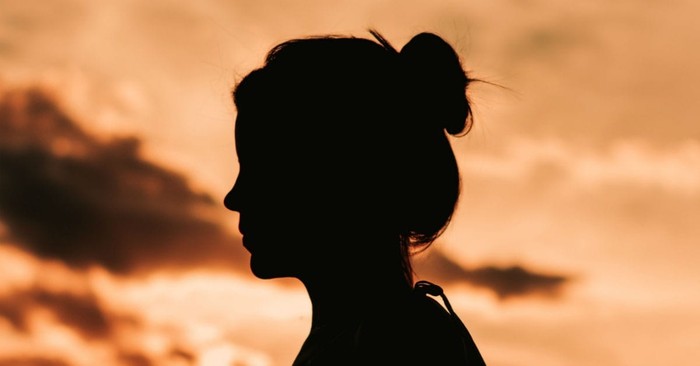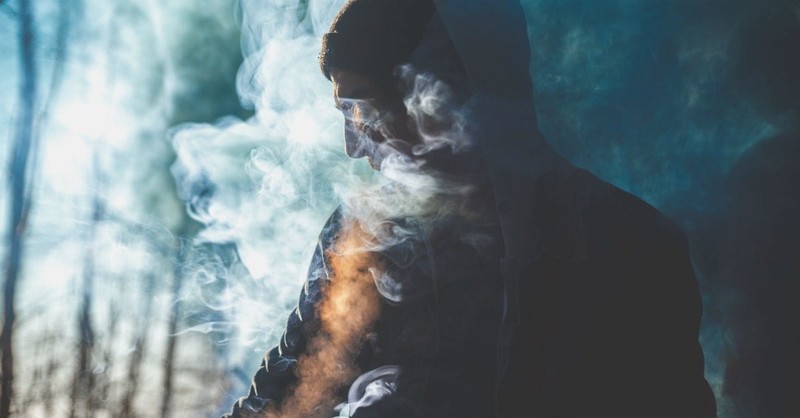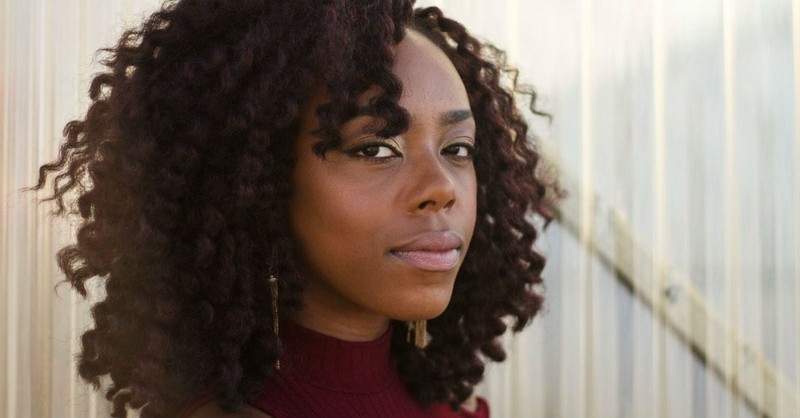
For twenty years after I graduated, I told people I’d had a good experience in my high school youth group. It was my first church experience, I’d formed my first faith community there, played an active role in leadership, met friends I still have connections to, and learned how to live out my faith.
Then, in a less confident voice, I’d share the bad part of youth group, the tremendous, shimmering asterisk: my youth pastor, M. He’d sexually assaulted J, my best friend, throughout three of those four years.
I wasn’t trying to lie about the good things. They were lovely. But just as a feast can be ruined by a bitter aftertaste, the abuse chilled the past. I felt guilty for my good memories, apologetic that I hadn’t been more affected by the sickness at the center. Still, it was good overall, wasn’t it?

Getting Fully Honest With Myself
And then, three years ago, writing about my high school experience for the first time, I realized I hadn’t been fully honest with myself.
I had not bypassed the abuse. I didn’t bear the brunt of M’s crime, but that did not mean I had not been a victim. Painful as it was, I also saw that my happy-go-lucky recollections had been a cover for a lot of pain, grief, and bitterness that still affected my faith every day.
I thought you’d know if you’d been abused. I thought it would be clear. I half-thought those who said #metoo or #yesallwomen had certificates proving their authenticity.
I did not realize that facing abuse means questioning everything, even your best memories. And I did not know that abuse, rather than being clear-cut, is murky, confusing, and insidious. I didn’t know that happy-go-lucky thoughts would not bring wholeness.
Here’s what I learned from my own #metoo moment.

1. Sexual Abuse Is Insidious
The closest I ever came to sexual abuse with that youth pastor was at a leadership retreat. M and I were alone, praying together, after he’d asked all of us on the leadership team to pair off to share prayer requests. He and I found a private, closed room, sat on the floor close to each other, and shared our struggles with candor and intimacy.
He was in his thirties, I sixteen.
At one point, I wondered, Is he going to kiss me?
Ewww, I thought immediately. He’s your pastor.
At the time, I didn’t wonder why a thirty-something man would share his problems with a teenager. I didn’t notice that M gave all us girls backrubs and lingering hugs; allowed suggestive jokes in meetings, saying they were ‘edgy’; and regularly arranged intimate one-on-one time with girls more than a decade his junior. I didn’t know any of that was weird; I thought I was hormonal to notice it at all.
Later, when I learned J (who like me, had never been kissed before our youth pastor did so on a different leadership retreat) had been sexually abused, I didn’t think, that could have been me. Only with the eyes of an adult, better boundaries, and two decades of life under my belt did I recognize how often that pastor crossed a line with everyone, and that he very well could have targeted me.
Rather than a deeply shocking, obvious, violent event, the sexual abuse in my youth group happened slowly, under everyone’s radar, in ways that we could easily explain away. I wish I could point out a clear line where M’s closeness to me morphed into something darker. But I can’t.

2. Sexual Abuse Hides in Plain Sight
I found out about the abuse in college, when my mom called to tell me someone had made allegations about M.
“That’s crazy,” I said at first. I’d been at every retreat, every house-building trip, every youth group meeting. “I would have known.”
But when she told me whom had made the allegations, my heart stopped. J’s strange behavior, distance and anger at the end of high school had worried me. I’d also resented M for being a better “friend” to her than I was.
All of that made much more sense now.
Unfortunately, this wouldn’t be the first or last time I’ve learned about a sexual assault, and nearly every abuse happened in plain sight with a trusted person: a family member, a doctor, a boyfriend, a best friend, a Christian staff member.
I have generally found out about these wounds years afterwards because the victims, and those closest to them, stay silent out of fear and shame. None of the assaults, including J’s, have been prosecuted, successfully or not. That’s the norm: less then 2% of rapists spend a day in jail. It’s an incredibly hard crime to see, much less get justice for.

3. It’s Not Just One Bad Apple
The more I learn about how the abuse at my church happened, the less I believe in bad apples. The problem was pervasive—not just at our church, but in the Church universal.
For instance, our senior pastor received information within the first six months of M’s tenure that he had kissed a different girl in the youth group. Our pastor did nothing. Later, as others in the church raised concerns about M’s “edginess,” boundary-pushing, and other red flags, they were overruled by the senior pastor and others who liked M’s popularity. Our whole congregation, in thrall to success and charisma, took years to wake up to the sickness at our core.
Even worse, after J came forward, M successfully sought employment in other churches. Multiple people made calls in an attempt to keep him out of youth ministry. Every church save one has disregarded the warnings, which have come not just from J, but from people with national reputations. M’s new bosses have either ignored these warnings or offered pat words about forgiveness. No one has done anything to protect the children in these congregations.
In other words, the denial about abuse goes very deep into the heart of the church. We are all implicated.

4. Speaking Up Heals Invisible Wounds
It took me twenty years to realize that M’s crime had indeed injured me. Slowly, I recognized my deep anger and bitterness towards my church (which I still attended). My cynicism affected my connections to God and other Christians; I felt shame about my terrible attitude. Not until I recognized how abuse affected me did I understand that I wasn’t a terrible, hard-hearted Christian—I was wounded.
I took nearly two years off from attending services and considered leaving my childhood church altogether. Before I left for good, I decided to speak to the current staff at our church about my experience. At each meeting, I was shaking and afraid, but found listening ears, repentance, and evidence of real change. Through terribly hard questions and aching honesty, the bitterness that I’d carried changed into hope. Being able to stay at my church felt like a mini-resurrection.
I used to hesitate to tell people about what happened to J. No longer. Speaking up heals me. Speaking up at my church and elsewhere gives me hope that we can all make church a safer place for the vulnerable. Speaking up also reminds me that God cares fiercely about the well-being of the weakest members of His church.

The Bad and Good News
Over and over, I hear stories of faith communities that silence victims, fail to notify police, idolize leaders, and neglect safe ministry guidelines. I hear of soft-focus “forgiveness” without any attention paid to God’s righteous justice. The body of Christ has a long way to go.
It’s easy to despair about the pervasive stories of sexual assault filling our news feeds. It’s easy to look at them as only bad news, to run from their pain. But the good news—the very gospel news—is that only dead things can be resurrected. Only through facing and lamenting our most difficult stories can we learn to do better. Only by acknowledging our complicity can we repent. Only by opening our eyes can we finally protect the vulnerable.
Each brave victim sharing their story helps us turn around and go in a new direction. And it takes all of us—every single one—to forge a Church where every man, woman, and child is truly safe.
---------
Heather Caliri is a writer from San Diego who uses tiny, joyful yeses to free herself from anxiety. Tired of anxiety controlling your life? Try her mini-course, “Five Tiny Ideas for Managing Anxiety," for free here.
Originally published Monday, 23 April 2018.








